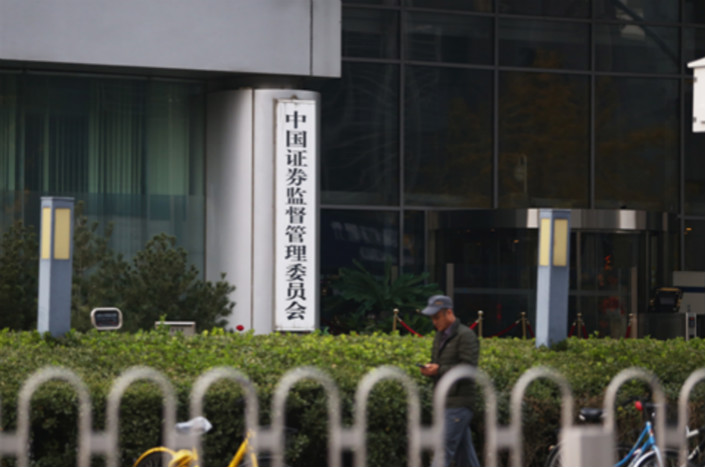China Securities Regulator Sets Out Ambitious 2019 Work Plan

China’s securities regulator revealed on Friday a work plan for this year that includes establishment of the new high-tech board, continued reform of the nation’s capital markets, efforts to control the behavior of financial market entities and additional precautions against excessive financial risks.
The China Securities Regulatory Commission (CSRC) announces a work plan every March, widely seen a blueprint for the overall direction and the key tasks of the agency for the year. This year, the CSRC plans to draft, revise, or finalize a total of 28 financial market rules, 13 of which will focus on regulating the behavior of individuals and institutions in the domestic market, the regulator said at a briefing on Friday.
The major regulations related to the country’s new Nasdaq-style high-tech board were already deployed earlier this month, the latest in a series of fast-paced developments that highlight the priority regulators place on creating a capital market that will serve as a financial incubator for the country’s innovative technology firms.
The preparation and launch of the new board has been on a fast-track since it was first announced by President Xi Jinping last November. The board will introduce a registration-based initial public offering (IPO) system, which will simplify the lengthy approval process that companies must now go through before they can float their shares on the mainland market.
The securities watchdog’s work plan also includes a series of rules to better control the behavior of individuals and institutions operating in the market. It plans to finalize six such rules and draft seven more this year, involving areas such as comments about market conditions, the operation of brokerage businesses, information disclosure about public placements, the criteria for ownership of futures firms, pledge-style bond repo transactions, and supervision of private equity operations.
The CSRC has released revised rules — and is soliciting public comment — on the ownership requirements for companies that buy and sell futures contracts that raise the capital and profitability requirements for such companies’ major shareholders. Under the new draft rules, holders of 5% or more of the shares in a futures company must have net assets of at least 100 million yuan ($14.9 million), up from the 30 million yuan in the current law that was drafted in 2007.
The new draft rules also require that shareholders in futures companies must have maintained profitability in the each of the previous three fiscal years, a strengthening from the current regulation requiring profits in one of the previous two years. The assets and profitability requirements also apply to indirect shareholders of 5% or more.
The securities regulator also plans to release much-anticipated pilot rules on equity crowdfunding platforms. Equity crowdfunding is a type of online offering where people can invest in an unlisted private company in exchange for shares in that company.
Contact reporter Timmy Shen (hongmingshen@caixin.com)

- 1Cover Story: China Carves Out a Narrow Path for Offshore Asset Tokenization
- 2Drownings Shake Chinese Enthusiasm for Travel to Russia
- 3Over Half of China’s Provinces Cut Revenue Targets
- 4Li Ka-Shing’s Port Empire Hit by Forced Takeover Amid Panama Legal Dispute
- 5In Depth: China’s Mutual Fund Industry Faces Overhaul After a Banner 2025
- 1Power To The People: Pintec Serves A Booming Consumer Class
- 2Largest hotel group in Europe accepts UnionPay
- 3UnionPay mobile QuickPass debuts in Hong Kong
- 4UnionPay International launches premium catering privilege U Dining Collection
- 5UnionPay International’s U Plan has covered over 1600 stores overseas





